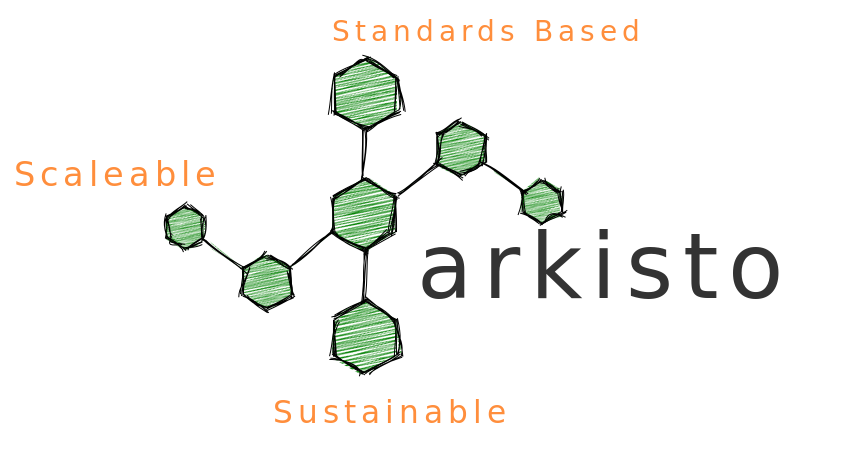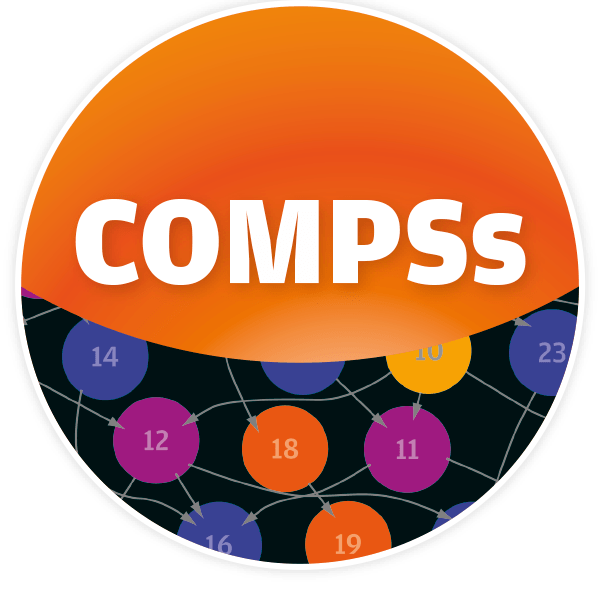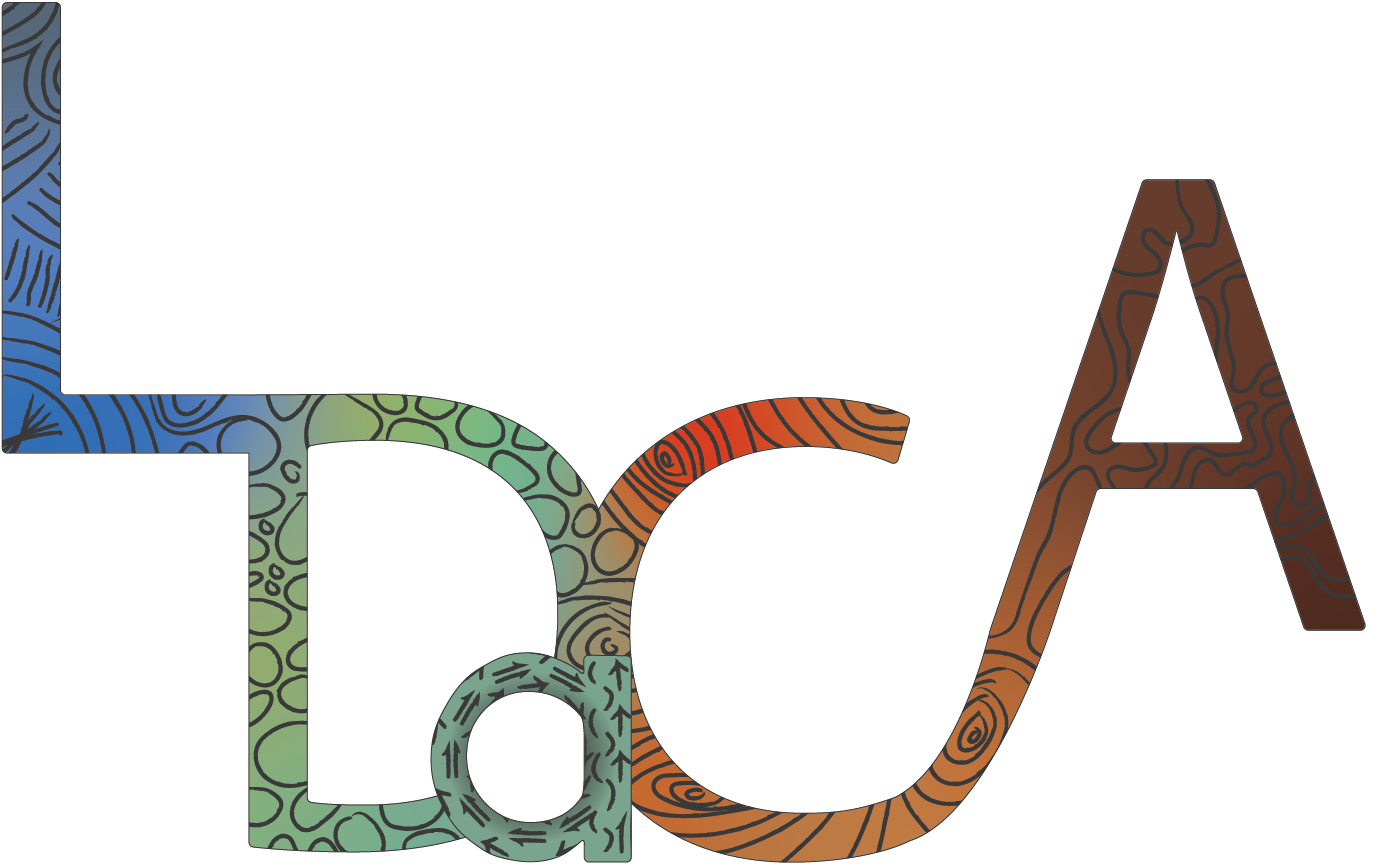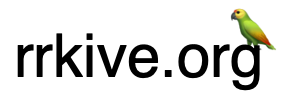Information Architect
An information architect is responsible for designing and possibly implementing new infrastructure and information solutions that fit with existing infrastructure and initiatives.
Related use cases
The Five Safes RO-Crate profile extend the Workflow Run RO-Crate profile for use in Trusted Research Environments (TRE).
Arkisto was a project website that aimed to outline a principled approach to research data management.
AROMA (ARP RO-Crate Manager) is part of Hungarian initiative HUN-REN ARP, extending Harvard Dataverse to allow dynamic metadata editing of data deposit metadata.
Autosubmit is an open source Python experiment and workflow manager used to manage complex workflows on Cloud and HPC platforms. Autosubmit uses RO-Crate to package the configuration, traces (logs, metrics, databases, etc.), and data of experiments and workflows.
The COMPSs programming model is able to record Workflow Provenance in RO-Crate format, for governance and reproducibility of computational experiments
Knowledge Enhanced Digital Objects (KEDO) is an experimental approach of building a data lake using a combination of knowledge graphs, RO-Crate and PID records.
DataPLANT`s mission is to provide a sustainable and well annotated data management platform for plant sciences.
FAIRSCAPE is a framework for reusable cloud-based computations using ARK identifiers with rich provenance in an evidence graph and the Evidence Graph Ontology (EVI)
Galaxy is a platform for FAIR data analysis which supports the building and execution of workflows. It can import and export RO-Crates for both regular datasets and workflow executions.
LDaCA uses RO-Crate as an interchange and archive format for language data, and is providing data discovery portals and API access to data using RO-Crate-centric APIs.
Pacific and Regional Archive for Digital Sources in Endangered Cultures (PARADISEC) holds 16,100 hours of audio recordings and 2,800 hours of video recordings that might otherwise have been lost. These recordings are of performance, narrative, singing, and other oral tradition. This amounts to over 220 terabytes, and represents 1,370 languages, mainly from the Pacific region.
ROHub is a solution for the storage, lifecycle management and preservation of scientific work and operational processes via research objects. It makes these resources available to others, allows to publish and release them through a DOI, and allows to discover and reuse pre-existing scientific knowledge.
RRKive is a website aimed to outline a principled approach to research data management with guidance on data storage and metadata
Sciebo RDS (Research Data Services) is a self-hosted interface between data repositories and file storage solutions, assisting the research data deposition process with annotations made using Describo Online and stored as an RO-Crate
The UTS Cultural Datasets project is collaborating with Humanities and Social Science (HASS) researchers and is re-using existing UTS Data infrastructure to build interactive services that allow people to use the data.
WorkflowHub imports and exports Workflow RO-Crates, using it as an exchange format. They are a specialization of RO-Crate for packaging an executable workflow with all necessary documentation. It is aligned with, and intends to strictly extend, the more general Bioschemas ComputationalWorkflow profile.








